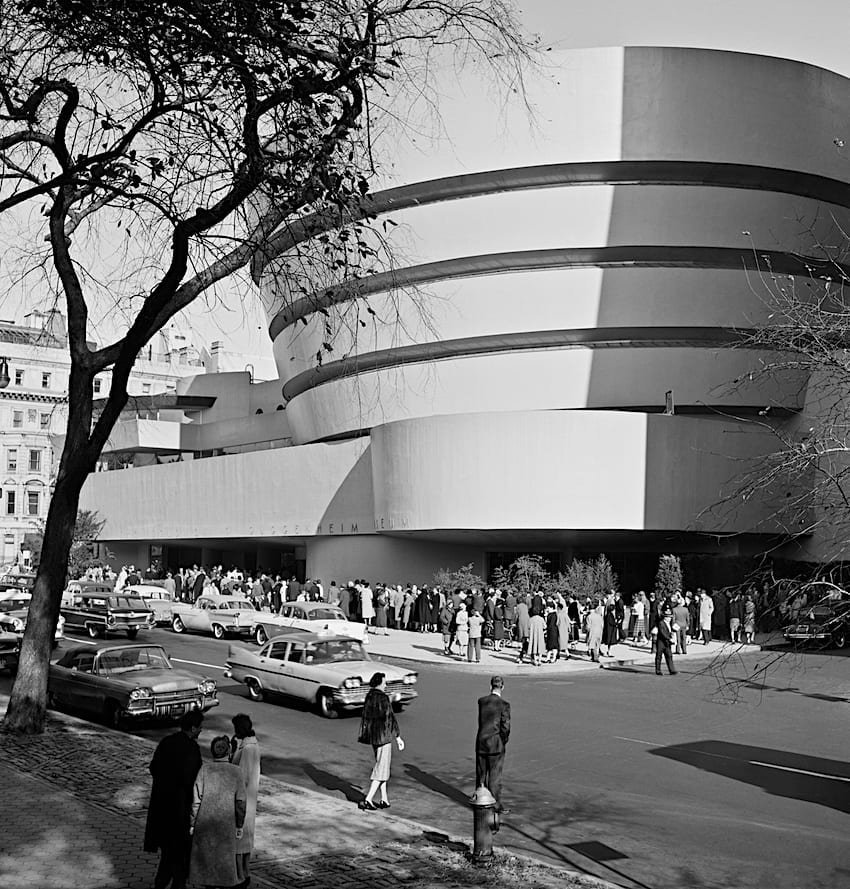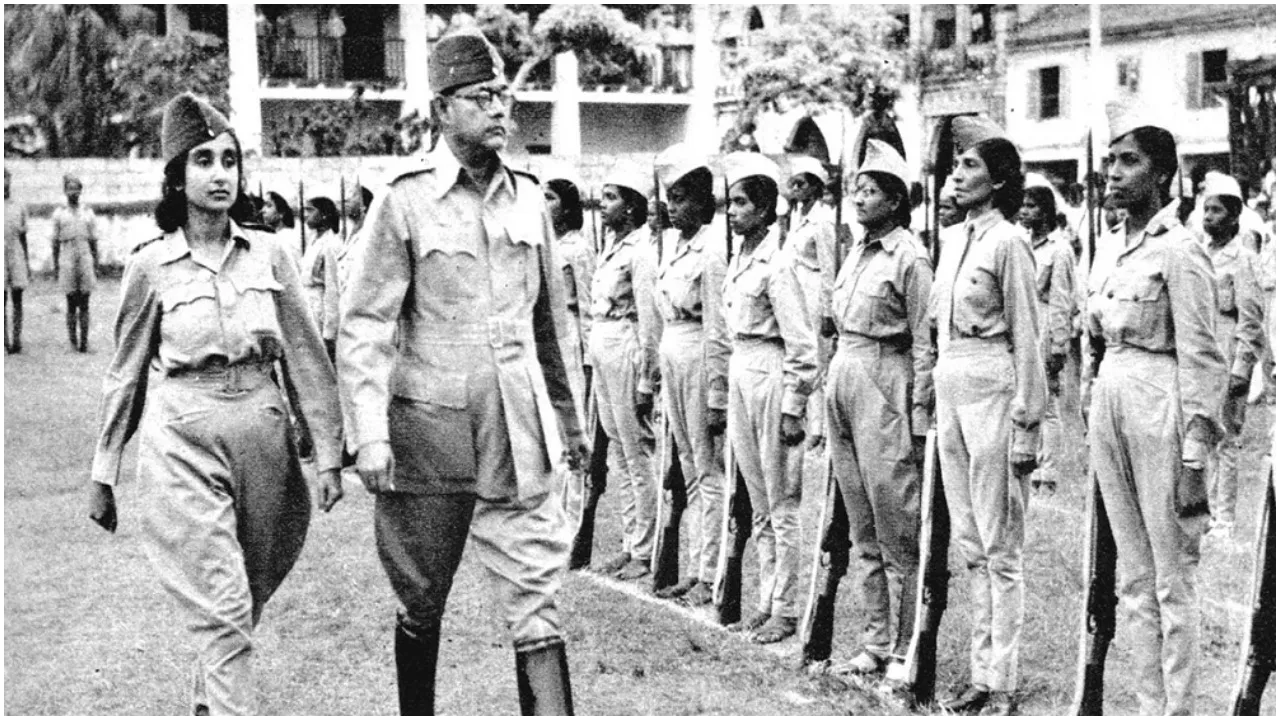Let’s look at major events that happened today in history;
Today in History
-
2014 Oscar Pistorius Convicted for 5 Years
The South African Paralympic Champion was on trial for the murder of his girlfriend, Reeva Steenkamp. He was sentenced to a maximum of five years for culpable homicide. He was released on parole for good behaviour in October 2015. However, in December 2015, South Africa’s Supreme Court of Appeal upgraded the charges to murder and found him guilty of murder.

Story
He was also given a three-year suspended sentence for a firearms charge in a show trial that caught global attention.
The prosecution wanted a minimum 10-year sentence for the 27-year-old double amputee, but Judge Thokozile Masipa did not accede to their request.
Pistorius was convicted of culpable homicide but cleared of murder.
“Sentencing is about achieving the right balance,” Masipa said. “Sentencing is not a perfect exercise.”
Pistorius was immediately escorted to the prison after the judgment.
-
1983 The 17th General Conference on Weights and Measures Ends
The conference passed a resolution defining a meter as the distance travelled by light in a vacuum during an interval of about three hundred millionth of a second. Before this, the meter or metre was assigned several different definitions. In 1793, it was defined as one ten-millionth of the distance between the Earth’s Equator and the North Pole. In 1960, it was once again redefined by the 11th General Conference of Weights and Measures as equal to “1650763,73 wavelengths in vacuum of the radiation corresponding to the transition between the levels 2p10 and 5d5 of the krypton 86 atom.”
-
1969 Coup in Somalia
Siad Barre staged a military coup against the government the day after the death of Abdirashid Ali Shermarke, the then-president of Somalia.
-
1959 The Guggenheim Opens its Doors
The Guggenheim Museum displays works from some of the world’s most celebrated and sought-after contemporary artists. Situated in the Manhattan area of New York, the museum was first opened in 1939 as the Museum of Non-Objective Painting. It was then named the Guggenheim Museum in 1952, after the death of the founder of the foundation that runs it, Solomon R. Guggenheim. The current museum building was designed by American architect Frank Lloyd Wright and was opened to the public on this day.

-
1943 Provisional Government of Free India Declared by Subhas Chandra Bose
Bose, an exiled Indian nationalist and a key figure in the Indian Independence Movement declared the creation of Azad Hind or Free India during a mass rally in Singapore. Netaji (leader), as his followers fondly called him, was unanimously declared as the Head of State, Prime Minister, and Minister for War of the new government.

-
The government-in-exile did not have any territory to govern until Japan gave them the Andaman and Nicobar Islands, occupied by the Japanese in 1942, to run. A few days after declaring Azad Hind’s existence, the provisional government joined the Second World War by declaring war on the Allies.











